Analogue Productions Gets ‘Proggy’ with July’s ATL75 Titles
Yes and Genesis, two genre giants!
‘Progressive rock’ was a taboo phrase amongst many music consumers in the 1970s. Instead of artists being lauded for top-tier musicianship, the genre became stigmatized for songs enduring intimidating lengths beyond the 6-minute mark and neo-classical approaches that seemed indulgent to those who preferred the simplicity of ‘three chords and an attitude.’ Regardless of varying perception, there’s no denying that the limitless boundaries of sonic exploration gave way to some of the 20th-century's most adventurous music.
Analogue Productions’ ongoing celebration of Atlantic Records' 75th anniversary covers a wide variety of ground suitable for any genre enthusiast, with entries ranging from John Coltrane to Matchbox Twenty. Progressive rock was the flavor of July 2025, with two noteworthy albums by a pair of the genre’s archetypal godfathers, Close to the Edge by Yes and Abacab by Genesis.
Yes - Close to the Edge
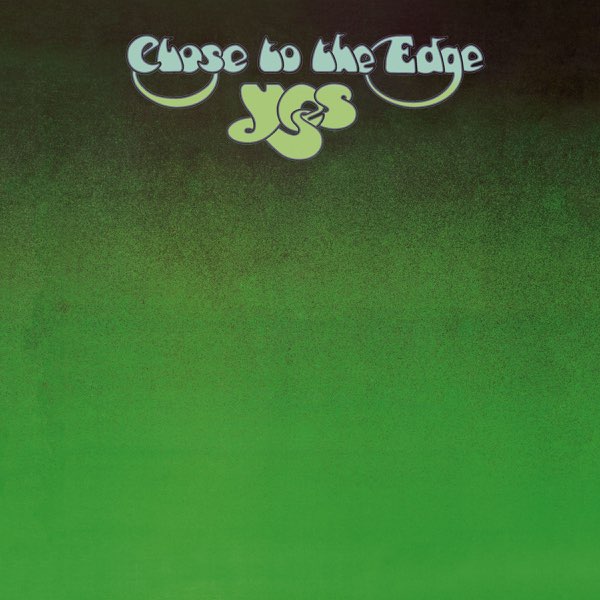
Produced by Yes and Eddy Offord
Engineered by Eddy Offord and Mike Dunne
Lacquers cut by Kevin Gray (Cohearant Audio)
Music

Sound

What can be said about Close to the Edge that hasn’t been already been said over the 50+ years since its initial 1972 release? It signified the moment where the years of revolving personnel changes and fine-tuning their sound saw Yes exercising its craft at its utmost potency. Recorded in a modular style with no arrangement blueprint gave Yes’ intense work ethic free reign to thrive without limitation, which helps explain why the album’s title track became the group’s first 18-minute adventure. The flipside's ‘shorter’ 10-minute compositions, “And You And I” and “Siberian Khatru,” weave together moments of euphoria, melodic counterpoints, recurring motifs, and classically influenced flourishes within the rock mold. It’s common for concert attendees to hear most, if not all of this album at any given Yes gig, and chances are the entire album appears on any retrospective release. Not only does it top many best progressive rock albums lists, but both the band and its fans see it as the crowning achievement of Yes’ changeling career.
The jacket of the Analogue Productions Close to the Edge pressing goes beyond the edge of replicating the intent of the original by featuring a textured finish on the label’s go-to tip-on jacket standard. A minor drawback is a silver trim around Roger Dean’s iconic Yes logo and stylized album title substituted for the original's more muted grey border. However, minor details like that aren’t deal breakers when you open the jacket and see Dean’s awe-inspiring fantasy landscape illustration. Beyond the inner and outer gatefold artwork, the green lyric insert is also included, along with the red/green Atlantic labels that uniquely bear the Yes logo on the heavyweight vinyl.
When I reviewed Rhino’s super deluxe edition of Close to the Edge earlier this year, I was eager to see how the Analogue Productions pressing would stack up against the AAA Bernie Grundman cut included in the SDE. Speaking of which, the source box in the bottom left corner of the jacket states that a flat tape copy of the master was used. Does that mean Grundman had access to the master, or did he use the same flat copy as Gray did on this pressing? Given the shrouds of secrecy surrounding mastering/source transparency, the verdict is unknown.
One of my criticisms of Grundman’s cut was that it heavily emphasized the higher frequencies, leaving the bottom end sometimes lacking the desired impact. On this pressing, Kevin Gray managed to neutralize the EQ to a greater advantage. Although the rhythm section, consisting of percussionist Bill Bruford and bassist Chris Squire, has crispness, Squire’s percussive tone now cuts through with some foundational beefiness. Even Rick Wakeman’s pipe organ solo during the “I Get Up, I Get Down” movement of the title track creates a more effective floor-rumbling atmosphere.
Kevin Gray’s take on this progressive rock masterpiece magnifies some of the album’s more intricate elements. Between shimmering acoustics, textural electric sitar, and biting leads, Steve Howe’s guitar work throughout this album is versatile as ever. There’s impeccable separation to the harmonies, often positioning Jon Anderson’s airy lead vocal perfectly in the center. If I had to pick one particular moment of wowness on this pressing that stood out above the rest, the “Eclipse” movement from “And You And I” was borderline tear-jerking. The accented kick drum, ethereal pedal steel guitar, and Mellotron sways majestically and meshes perfectly together. Mastering in the 45rpm realm always brings more out of the source, but hearing Close to the Edge in this style will make purists cringe, having to flip the first record over halfway through the opening title track. If that gripe is bypassable and you’re looking for the most detailed pressing of this album, this will pass you by!
On a personal note, Close to the Edge is one of those albums that became ingrained in me since childhood, thanks to my prog-loving parents. Familiarity hasn’t bred contempt, but listening to it on the fly these days is more so for reference purposes. This Analogue Productions pressing was the first time in ages that I closed my eyes and locked in with pure enjoyment, something I resonated with when I first heard it in my early adolescence.
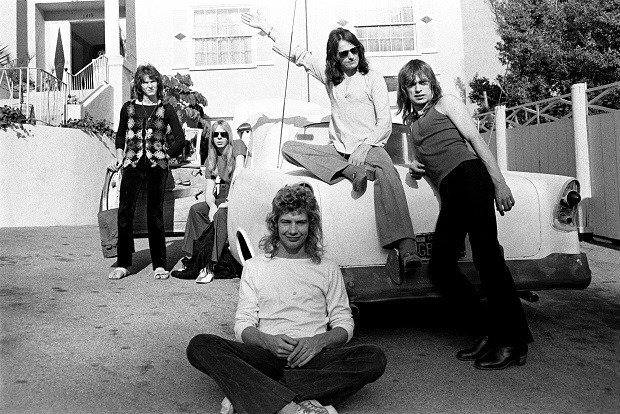
Specifications
Catalog No: APA 044-45
Pressing Plant: Quality Record Pressings (QRP)
SPARS Code: AAA
Speed/RPM: 45rpm
Weight: 180 grams
Size: 12"
Channels: Stereo
Source: Mastered and cut to lacquer from a flat tape copy of the original master tape
Presentation: Multi LP
Genesis - Abacab
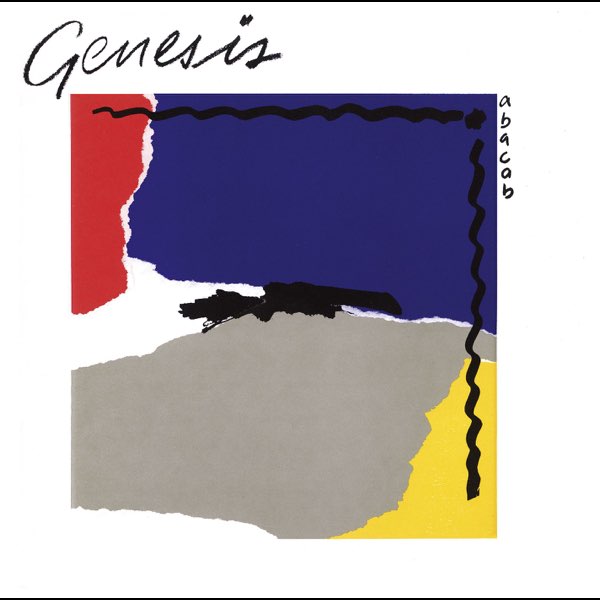
Produced by Genesis
Engineered by Hugh Padgham
Lacquers cut by Chris Bellman (Bernie Grundman Mastering)
Music

Sound

Progressive - adjective - happening or developing gradually or in stages
‘NO PETER GABRIEL, NO GENESIS’ or ‘PHIL COLLINS RUINED GENESIS’ are typical exclamations one will expect to hear out of a narrow-minded prog snob. To make a valid argument, the fact that Genesis was able to transform from underground cult favorites to a stadium-filling phenomenon makes them, in a word, progressive. The turning point was 1981’s Abacab, an album where the group intentionally avoided their usual cliches and set out to write material that was unlike anything they’d done before. An integral factor on the production side was the inclusion of Hugh Padgham, the recording engineer responsible for the ‘gated reverb’ drum sound that defined the 1980s.
There was a conscious effort to craft more accessible pop-oriented material, as evident on tracks like “Man on the Corner” and “Keep It Dark.” Drummer/vocalist Phil Collins came more into his own as a songwriter, having recorded his Face Value solo album in the same year, and some of his solo influence comes through on “No Reply At All,” featuring the Phenix Horns. One of the album’s more abrasive moments stylistically is “Who Dunnit?,” Genesis’ stab at post punk akin to XTC, which Collins described in retrospect as ‘fantastic,’ but, according to keyboardist Tony Banks, ‘for many people, it's the worst track we ever did.’ Their drive for musical adventure still comes across on “Me and Sarah Jane,” “Dodo/Lurker,” and the title track.
Bill Smith’s collage of Pantone color scraps was just as abstract as Genesis’ new musical direction, doing away with lavish illustrations for the photography-centered works of Hipgnosis. Available in four different color combinations at the time of its release, the red/blue/yellow/gray combination has become the standardized rendering on various reissues over the years. Originally packaged in a single sleeve, the printed inner sleeve of credits and a band photo gets reformatted into a deluxe gatefold. One would think the color pattern of a specific cover would reflect its own custom center label, but the truth is the gray/yellow/magenta/cyan pattern appears on every copy; that’s minutia for you!
An integral factor behind the production of Abacab was Hugh Padgham, an engineer responsible for the ‘gated reverb’ drum sound that defined the 1980s. As a result, Phil Collins’ drums have incredible definition across this entire pressing. Tony Banks’ keyboards often reside upfront in the mix, occasionally creeping in and out three-dimensionally during the title track or lush chords filling up the soundstage on “Keep It Dark.” A massive highlight is “Dodo/Lurker,” where Mike Rutherford’s bass is at its deepest, and the varying tonality of Collins’ vocals gives the different parts of the track a distinguishable characterization.
Chris Bellman excelled at providing a dynamic cut of Abacab, but the top end left a bit to be desired. Whether it's down to the deterioration of the master tape or EQ preferences, instances where there are more crash cymbal hits or steady hi-hats have the life squished out of them. The Phenix Horns on “No Reply At All,” a crucial role in the song’s arrangement, don’t pop out of the speakers like they should. “Like It Or Not” rode a lot in the higher frequencies, and getting through that track was a slight undertaking. Criticisms aside, it's nice to see the original tapes used for the first time in 40+ years, having been made obsolete by Nick Davis’ 2007 ridiculously modern-sounding remix. If you forgot how this album was originally intended, to quote the title track, ‘you want it, you got it, now you know.’
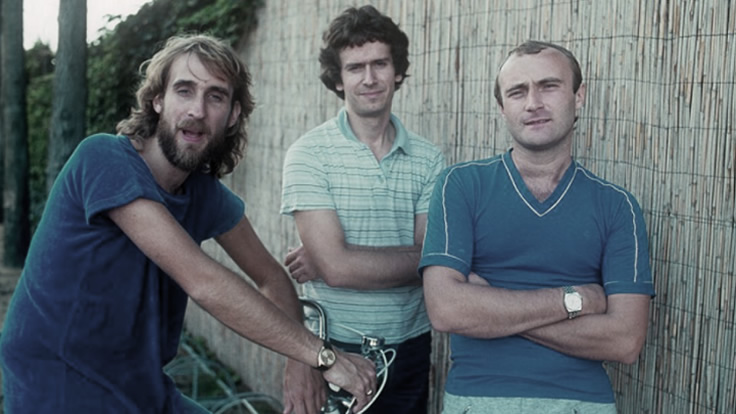
Specifications
Catalog No: APA 042-45
Pressing Plant: Quality Record Pressings (QRP)
SPARS Code: AAA
Speed/RPM: 45rpm
Weight: 180 grams
Size: 12"
Channels: Stereo
Source: Mastered and cut to lacquer from the original master tape
Presentation: Multi LP
Conclusion
Whereas most record label heads would stress over a 3-minute pop nugget suitable for radio, Atlantic Records was one of the few labels that liberated artists to execute their grandiose concepts in unadulterated fashion. Analogue Productions’ choice of reissuing Yes’ Close to the Edge and Genesis’ Abacab as part of this series explores the grand scope of progressive rock, from side-long epics to Top 40 hits.
Buy Abacab


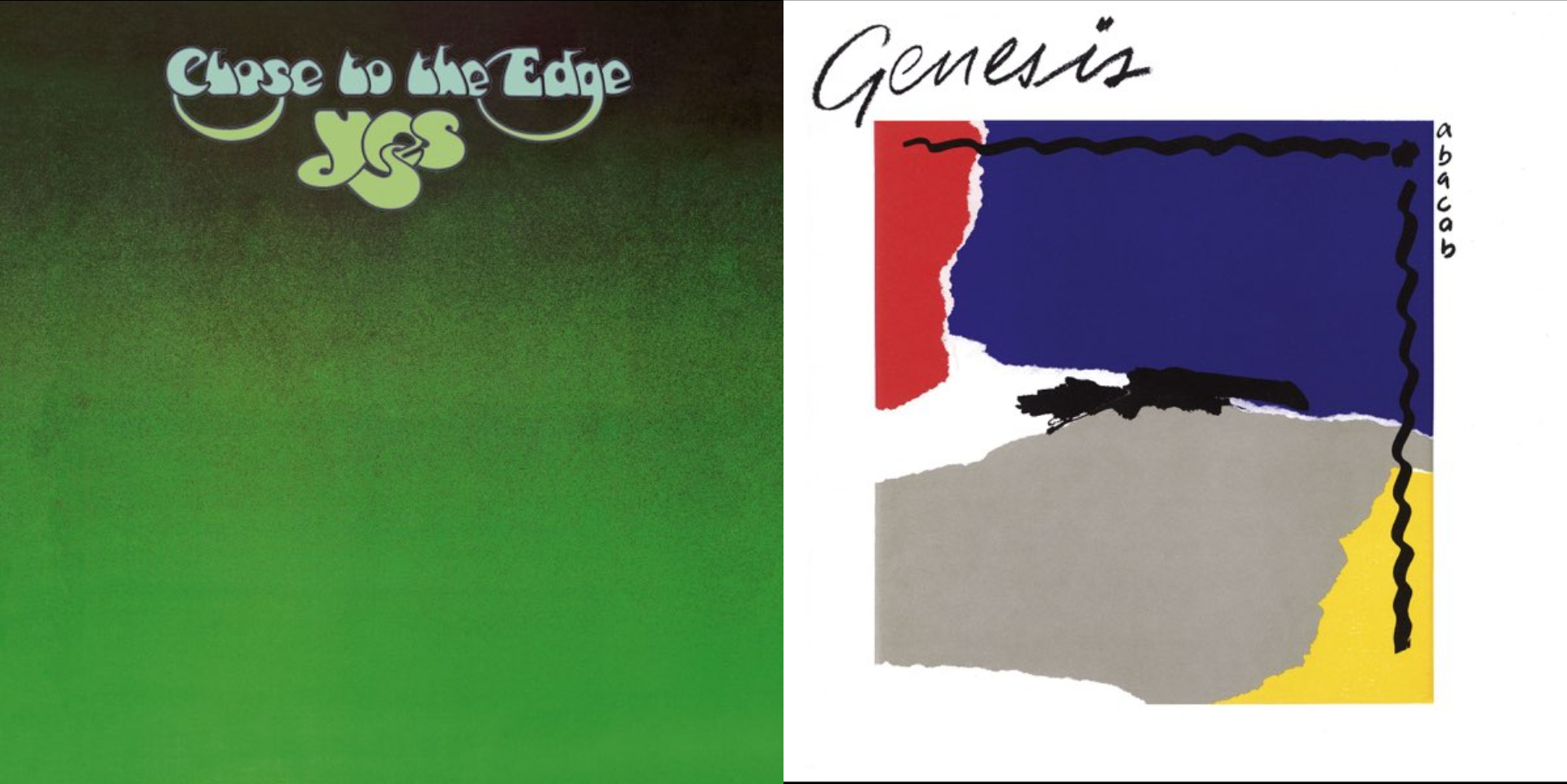




































.png)








